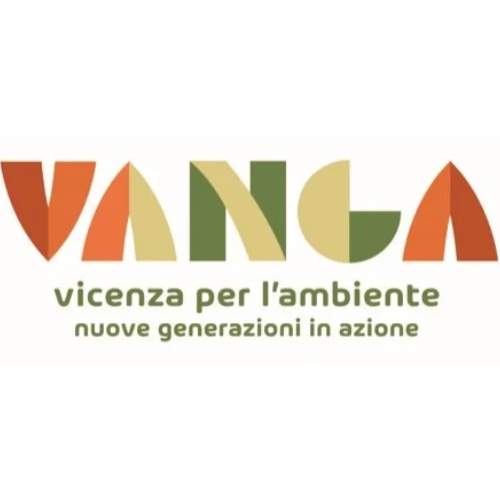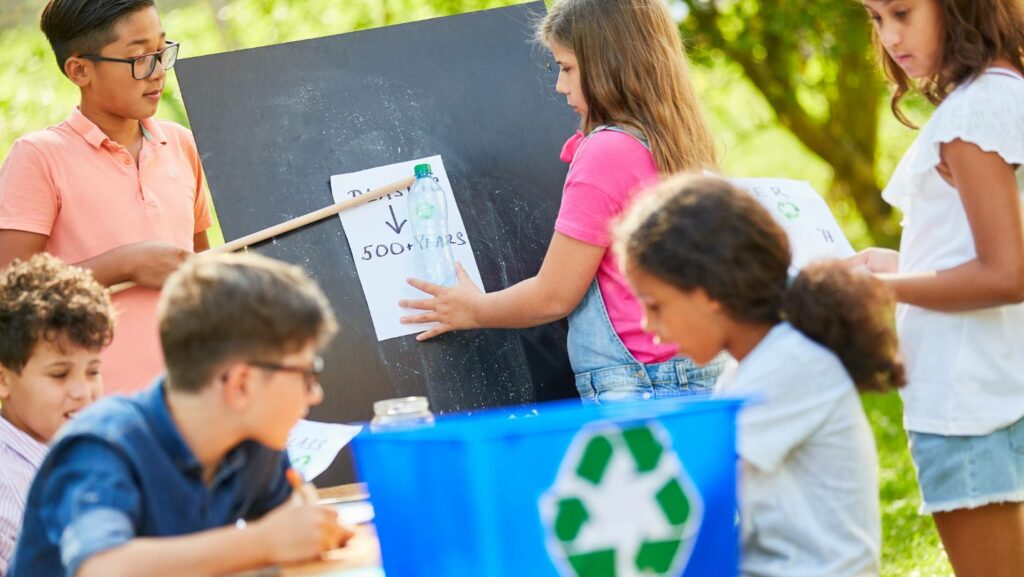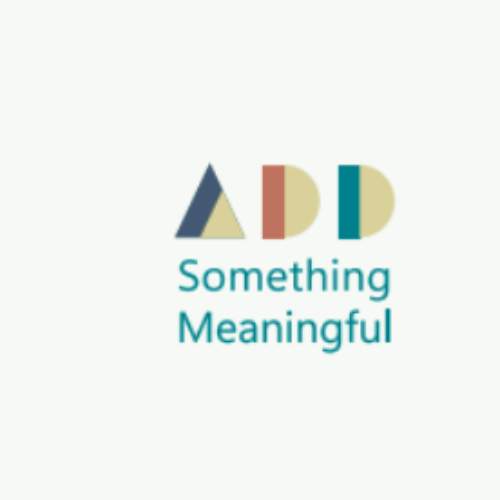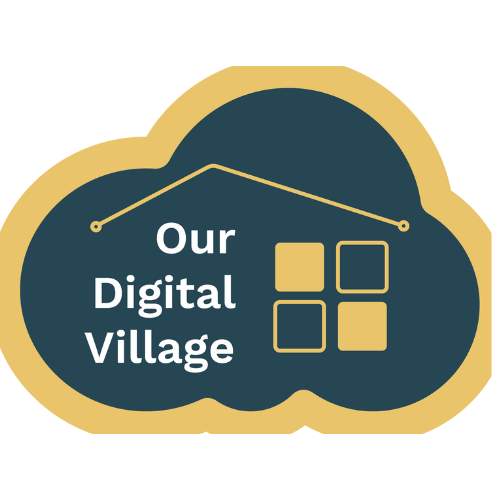On the 21st and 22nd of October 2023, the Teatro Astra in Vicenza served as the prestigious backdrop for the final conference of the V.A.N.G.A. « Re-generations » project. The event was organised by La Piccionaia, the project lead, with contributions from all the participating partners.
The event commenced at 14:30 at the Basilica Palladiana in Vicenza, where participants had the opportunity to partake in an augmented tour using radio headsets to explore the « Golden Ratio » exhibition. This immersive experience was led by Carlo Presotto, a director at La Piccionaia, in collaboration with Marco Dotti, the editorial director of Relazionésimo. This offered participants a chance to reflect on the significance of nurturing relationships with a scientific and humanistic approach. The exhibition focused on the concept of the golden ratio, tracing its evolution from antiquity to the present day, leading participants through thematic pathways underlining the idea that « everything is in relation. »
Subsequently, at 16:00, at the Teatro Astra, a conference targeting the general public, families, and educators took place. It entailed discussions related to integral ecology. Drawing from the accomplishments of the V.A.N.G.A. project, the conference explored how to connect and educate the new generations about environmental issues using alternative methods, such as theatre. Eminent experts participated in these discussions, including Daniele Zovi, the author of « Ale e i boschi » (a book upon which a theatrical performance connected to the V.A.N.G.A. project was based), Paola Cesari, a psychologist and psychotherapist, Stefano Coquinati, a pedagogue, Nina Zanotelli, a theatre director, Roberto Cuppone, a professor of theatre history at the University of Genoa, and Carlo Presotto, a director and artistic director at La Piccionaia.
Following this, two significant tools developed through the involvement of the participating schools during the V.A.N.G.A. project were presented: the educational pack and the reconnaissance and feedback activity, « The City I Wish For, » created by ALDA in collaboration with La Piccionaia.
The educational pack, presented by Gloria Marini from La Piccionaia, is a resource designed for educators to facilitate environmental education for the new generations through participatory, creative, and experiential methods. It contains various activities and tools developed over the course of the project, presented as repeatable and modular actions.
The reconnaissance and feedback activity, « The City I Wish For, » presented by Alessia Marzotto and Sofia Trevisan, Junior Project Manager and Project Manager Assistant at ALDA, involved activities conducted in schools during the concluding phase of the V.A.N.G.A. project. Young students were invited to participate in targeted workshops for collecting feedback on the project and the educational outings at locations designated by the project. They expressed their desires for a personal vision of an ecological city through drawings and questionnaires, which were subsequently presented to the public.
The final report on the feedback activity and the educational pack will soon be available on La Piccionaia’s website on the dedicated V.A.N.G.A. page
The Teatro Astra also served as the venue for the « Il bosco dei bambini » exhibition, where drawings created by students from the L. Zecchetto Primary School in Vicenza, inspired by Daniele Zovi’s narratives, were displayed.
On the morning of Sunday, the 22nd, the Teatro Astra commenced with the Assembly « Cascina Carpaneda Bene Comune, » organised by the Vicenza Community for Agroecology. It served as a gathering to collectively envision the future of this place and discuss the next steps to be taken.
Subsequently, Fabio Girotto, Junior Project Developer at ALDA, together with Alessia Marzotto and Sofia Trevisan, introduced the participants to the HILL (Habitat in Living Landscape) project. Like V.A.N.G.A., this project is also funded by the Cariverona Foundation and addresses environmental issues in the Vicenza region. HILL is a project directed towards the Monte di Malo area (VI) with the aim of expanding the protected area between the Buso della Rana and the Poscole. The presentation of this project sought to acquaint the public with initiatives similar to V.A.N.G.A. in the local territory and to foster opportunities for collaboration among local entities.
In the afternoon, the performance « Ale e i boschi, » curated by Carlo Presotto and based on Daniele Zovi’s narratives, made its debut. This performance combines themes such as youth, the environment, and theatre in a captivating manner.





